H. Claire Brown with
On Tuesday, the United States Department of Agriculture’s Animal and Plant Health Inspection Service (USDA APHIS) announced it had released a searchable database of thousands of inspection reports documenting animal welfare violations at research labs, breeders, dealers, zoos, and other facilities.
The agency removed many of the records from the internet in early 2017, shortly after Trump took office, citing “privacy concerns.”
[…]
As The Washington Post reported last year, the larger issue with the USDA’s enforcement of animal welfare laws under the Trump administration may be that the agency is simply doing fewer inspections and citing fewer violations than it used to. Between 2014 and 2018, the number of inspections decreased from 9,489 to 8,354. The decline in violations cited was far more dramatic: Whereas 6,052 violations were issued in 2014, by 2018 just 1,716 went on the books. That’s a 72 percent decline.
It’s disheartening but not surprising that this seems to be a partisan issue in our government.
